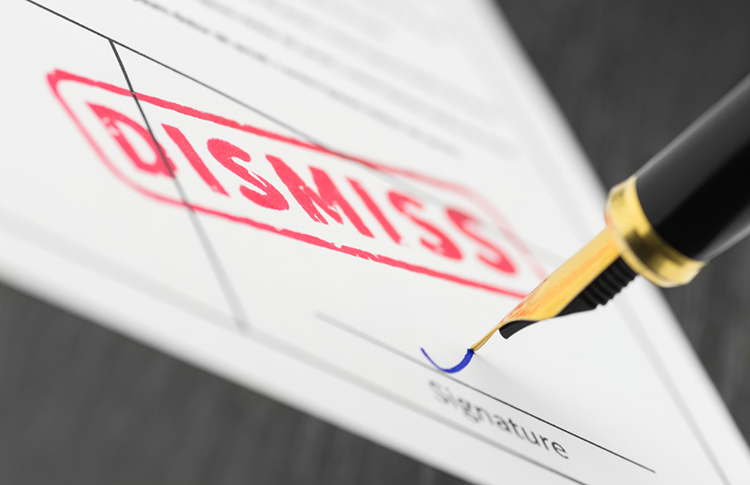3rd Circuit says lawyer isn't liable for alleged malpractice of husband who listed partnership on letterhead

Image from Shutterstock.com.
A legal malpractice plaintiff can’t hold a lawyer liable for her husband’s legal work when the plaintiff didn’t rely on representations that the lawyers were practicing together, a federal appeals court ruled Wednesday.
In a 2-1 nonprecedential opinion, the 3rd U.S. Circuit Court of Appeals at Philadelphia affirmed summary judgment for lawyer Lydia Cotz, Law360 reports.
The 3rd Circuit said plaintiff Bonnie Messler failed to establish a “partnership by estoppel” that allowed her to sue Cotz for her husband’s work on Messler’s employment suit in New Jersey.
Messler hired lawyer George Cotz and signed a retainer agreement on letterhead with the heading “Cotz & Cotz,” under which was written “Attorneys at Law.” The letterhead listed the firm members as George Cotz and Lydia Cotz. George Cotz was listed on the agreement as signatory for “Cotz & Cotz.”
But “no legal entity named ‘Cotz & Cotz’ existed and the Cotzs had never entered into a partnership agreement,” according to the majority opinion by Judge Michael Chagares. Messler didn’t ask who would be working on her case before signing the agreement, and she made no effort to communicate with Cotz. Nor does she think that she received any work product from Cotz.
None of the evidence suggests that Messler hired George Cotz in whole or in part because of representations of partnership, Chagares said in an opinion interpreting New Jersey law.
“Messler admits that she never asked about the involvement of Mr. Cotz’s putative partner in the underlying matter,” Chagares wrote. “Why not, if she cared that Mr. Cotz had a law partner when hiring him? No reasonable fact-finder could conclude from the summary-judgment record that Messler was ‘relying on the representation’ that Mr. Cotz was in a partnership” when she hired him.
A dissenter, Judge Joseph Greenaway, said the majority had wrongly imposed a requirement that plaintiffs trying to establish a partnership by estoppel in New Jersey “must use the magic word ‘rely’ in their testimony.”
Headline changed and fifth paragraph clarified Aug. 24 at 10:30 a.m.



